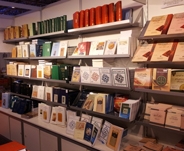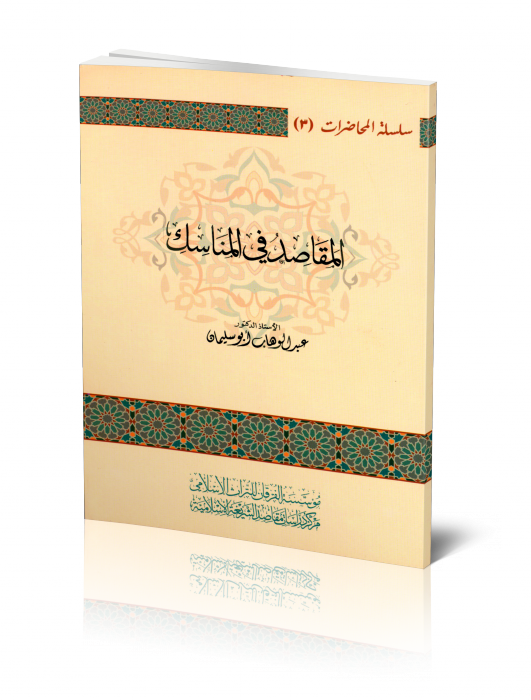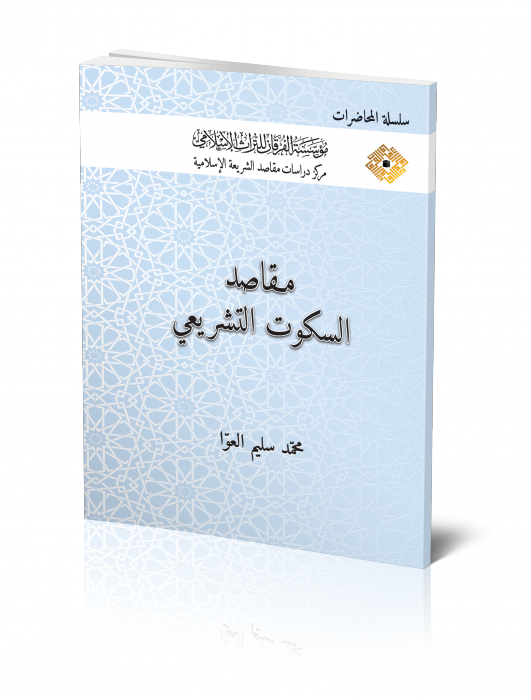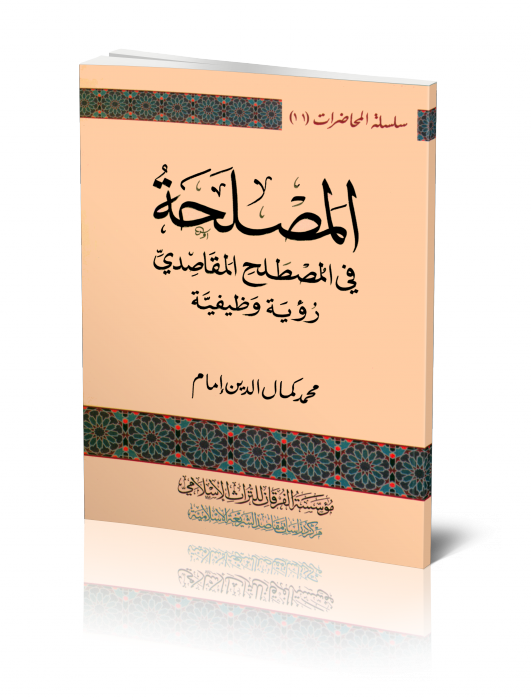This book casts light on the secrets and higher objectives of the rites of Ḥajj and ʿUmrah. It does so to tie the Muslim’s acts of worship to the meanings, the rules and hidden wisdom which the Lawmaker (i.e. God) intended and which have been uncovered by scholars. That is to say, to receive that which is useful both materially and spiritually and in great and varied amounts. In this detailed work, Dr. Abd al-Wahhab Ibrahim Abu Sulayman divided the Sharīʿah higher objectives (maqāṣid) into worship-oriented, legislative and jurisprudential, scholarship and intellectual, economic and social categories, totalling twenty three ultimate objectives.
 Shared Knowledge
Shared KnowledgeFoundation work in this area



 The Objectives of Tacit Juridical Evidence
The Objectives of Tacit Juridical Evidence The Public Interest in the Term of the Purposes of Islamic Law: a Functional Vision
The Public Interest in the Term of the Purposes of Islamic Law: a Functional Vision The Use of Proofs of Islamic Law Between the cross-linking method and the deconstruction method
The Use of Proofs of Islamic Law Between the cross-linking method and the deconstruction method